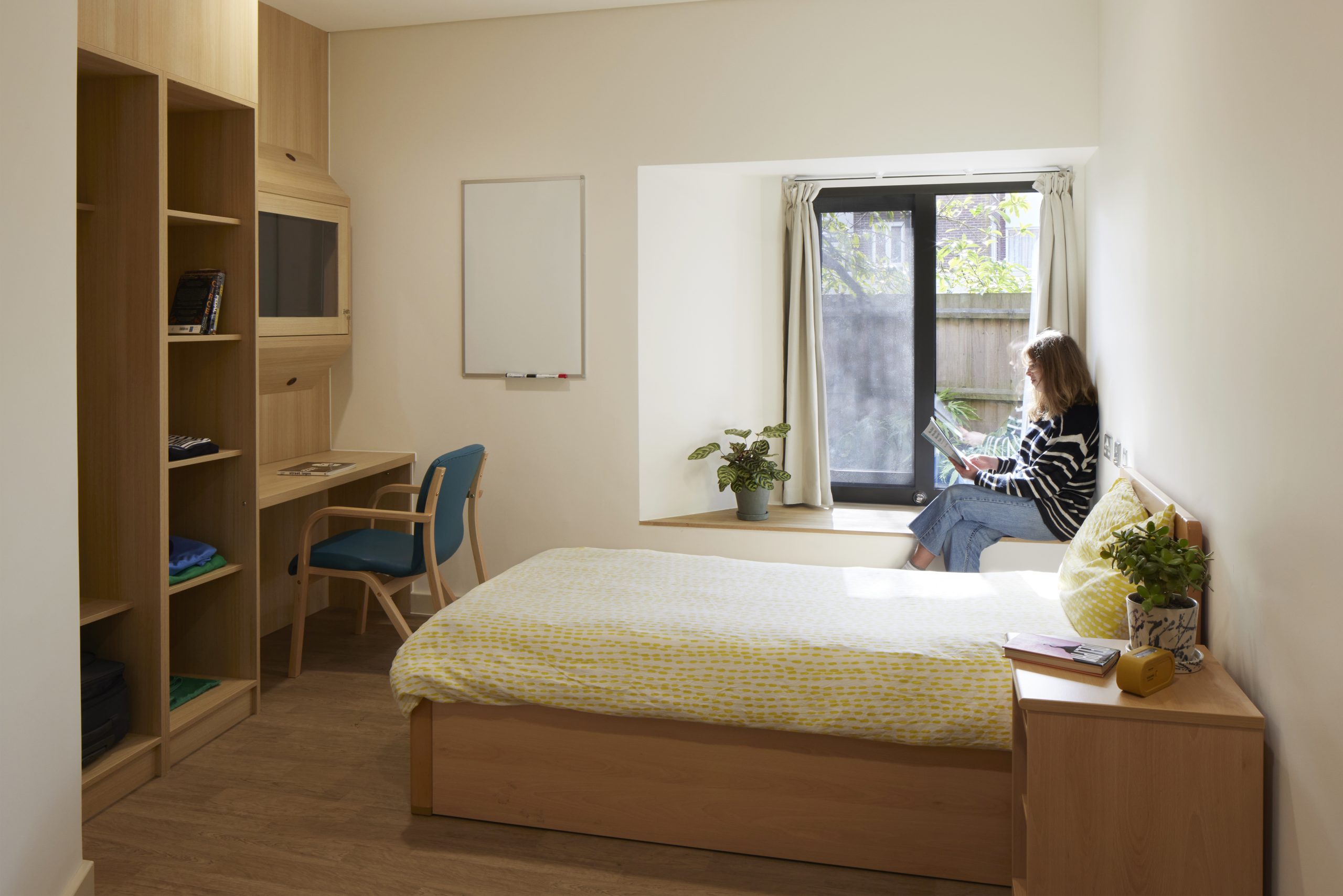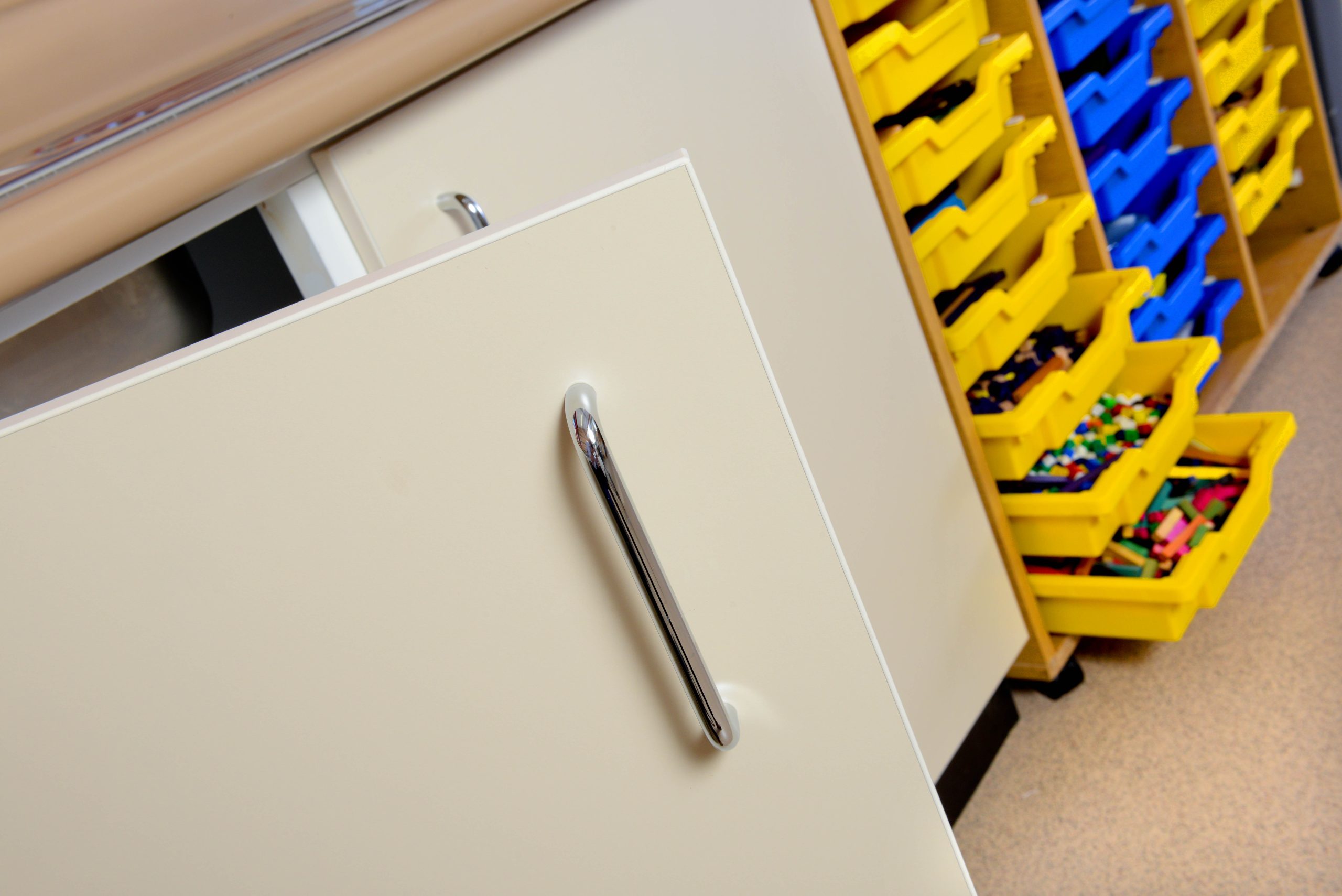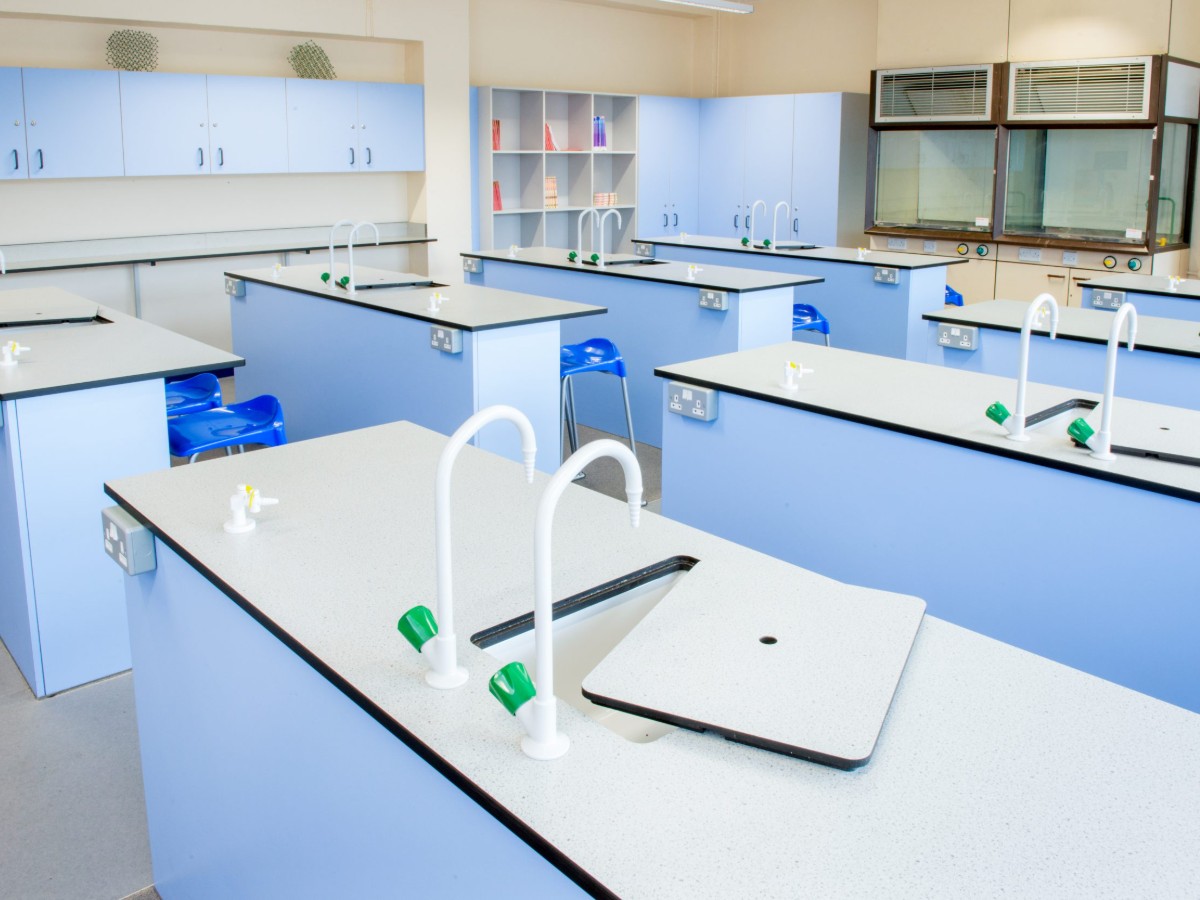Schools play a vital role in shaping young minds, providing environments that need to be…

The case for quality fitted furniture in student accommodation
Student accommodation has undergone a significant transformation in recent years. Once a basic necessity, frequently marked by cramped conditions and mismatched furnishings, the modern student living environment is now expected to offer much more in terms of comfort, style and functionality. With the increasing expectations of students and educational institutions alike, the need for well-designed, durable and space-efficient fitted furniture solutions has never been greater, writes Tony Huggins, managing director, David bailey Furniture.
One of the main advantages of high-quality fitted furniture is its ability to unlock the full potential of limited space. Student rooms are typically compact, yet expected to function as multipurpose environments for sleeping, studying, relaxing and socialising. Standard freestanding furniture can quickly become a hindrance, contributing to clutter and poor spatial efficiency.
Fitted furniture, on the other hand, is intelligently designed to match the exact specifications of the room. Desks, wardrobes, beds and shelving units can be seamlessly integrated into the layout, eliminating wasted space and awkward gaps. This tailored approach not only maximises functionality but also cultivates a cleaner, more organised living space. The result is an environment that enhances concentration and comfort – both essential ingredients for academic performance and emotional wellbeing.
Student furniture must also withstand constant use, often under less-than-ideal conditions. From late-night study sessions to social gatherings, the wear and tear can be significant. This is where the value of high-quality fitted furniture becomes evident.
Companies like ours manufacture our fitted furniture solutions using robust materials that are specifically selected for their durability. Whether it’s scratch-resistant laminates or heavy-duty hinges, good fitted furniture is built to last. This durability reduces the frequency of repairs and replacements, offering significant long term cost savings for universities and colleges.
Research has shown that the look and feel of a student room can also significantly impact a student’s mood, productivity and overall experience. Gone are the days when utilitarian design was the norm. Today, students and their families expect a welcoming, comfortable environment.
Fitted furniture allows for cohesive design themes, colour schemes and finishes that reflect the branding and values of the educational institution. Modern designs can incorporate ergonomic features, soft-close drawers, ambient lighting options and personalised storage configurations. The result is a room that feels like home – a crucial factor in helping students transition smoothly into university life.
Enhancing community in common rooms
While private rooms are important, common areas also play a crucial role in student life. These are the spaces where friendships are formed, ideas are exchanged and relaxation happens. Furnishing these areas effectively can enhance the sense of community and belonging.
Fitted furniture in a lounge, kitchen or study room can be designed to encourage collaboration and comfort. Modular seating arrangements, integrated media units and custom storage solutions all contribute to a functional and welcoming atmosphere. Well-designed common areas can reduce feelings of isolation and foster a supportive living environment, contributing to better academic and social outcomes.
Safety is also paramount in any residential setting, but especially so in student accommodation. Fitted furniture can be designed with built-in safety features such as rounded edges, fire-resistant materials and anti-tip mechanisms. Additionally, securely fixed furniture minimises the risk of injury caused by moving or falling items.
At David Bailey Furniture, we ensure that all of our products meet or exceed current health and safety regulations. Our in-house team works closely with accommodation providers, architects and facility managers to ensure compliance at every stage – from design through to installation.
Equally as important, as sustainability becomes an ever-more critical concern, fitted furniture also offers environmental advantages. Custom manufacturing reduces waste by eliminating excess materials and optimising production. Furthermore, a commitment to sustainable sourcing and eco-friendly finishes ensures that good fitted furniture supports the green credentials of modern educational institutions. In addition, longer-lasting furniture means fewer replacements, which translates to less waste and a lower carbon footprint.
Student needs are constantly evolving, and flexibility is key. Whether it’s accommodating students with disabilities, incorporating more digital workspaces, or adapting for cultural preferences, fitted furniture can be designed with these specific requirements in mind.
Ease of maintenance and cleaning
Another often-overlooked benefit of fitted furniture is ease of maintenance. Because they are securely attached and neatly designed, there are fewer nooks and crannies where dust and debris can accumulate. This makes cleaning faster and more effective, which is particularly important in shared living environments.
Fitted furniture also reduces the risk of damage caused by furniture being moved or misused. This not only extends the life of the products, but also lowers maintenance costs over time. For cleaning and facilities staff, this is a significant benefit in both effort and efficiency.
As we can see, in today’s competitive educational landscape, student satisfaction is more important than ever. Institutions are increasingly judged not just on academic performance, but on the quality of life they offer their students. Fitted furniture is a vital component of this equation.
By investing in high-quality, well-designed fitted furniture for student rooms and common areas, accommodation providers can enhance functionality, improve aesthetics, ensure safety and deliver long-term value. Most importantly, they can create environments where students feel supported, comfortable and ready to thrive.







